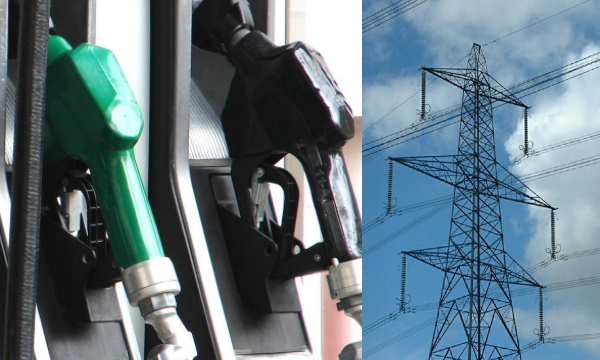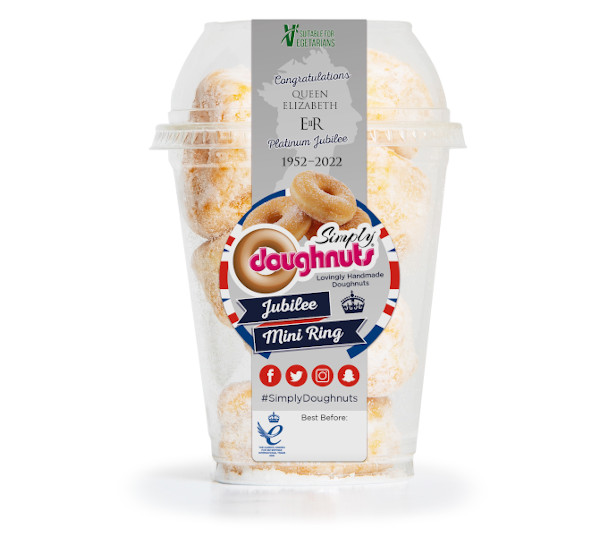The rising costs of fuel and energy have been big news lately, and all the indicators suggest that prices are only going to get higher in the months ahead. For retailers, this presents a problem in terms of pricing and profitability, but it’s a problem that long shelf-lives can help to solve.
Refrigeration Costs
Our products achieve their 30-day shelf-lives at ambient temperatures. They don’t need refrigeration or freezing at any stage. This immediately removes one significant source of expense – i.e. the electrical energy required to keep products cold.
A report in 2020 by the United Nations Industrial Development Organisation estimated that “The refrigeration systems in a supermarket account for between 30% and 60% of the electricity consumption, whereas lighting accounts for between 15% and 25%.” Clearly, then, by reducing the need for refrigeration, retailers could make sizeable savings on their energy costs.
Associated with this is a saving on staff time and labour costs. Simply Doughnuts’ products can be taken straight from the delivery vehicle and displayed on the retail shelf. They require no extra time for freezing, thawing, preparation or frequent stock-rotation.
Transport Costs
The saving here is twofold. First, longer shelf-life products can be delivered less often but in larger quantities, a capability that greatly reduces the number of delivery journeys required. That in itself yields a large saving on road miles, vehicle emissions and fuel costs.
The second saving arises from the fact that refrigerated vehicles are heavier and less fuel-efficient than ordinary vehicles that deliver product at ambient temperatures. A study by Brunel University’s Centre for Energy and Built Environment Research has estimated that using refrigerated vehicles consumes, on average, an extra 2 litres of fuel per hour. It reports that “the fuel consumption of the refrigeration unit will be approximately 8% of the total fuel consumption of the refrigerated vehicle.”
A Specialist Supply Chain
Looking at the whole-lifecycle impacts of our products, another benefit arises from the fact that we prioritise local and regional suppliers wherever possible. (For example, we source packaging from Greater Manchester rather than overseas.) In this way, we minimise the road-miles associated with production and, consequently, our products are better insulated against price increases driven by rising fuel costs.
Please see our For Retailers page and our Sustainability in Action page for more details of waste-saving and energy-efficiency benefits.




